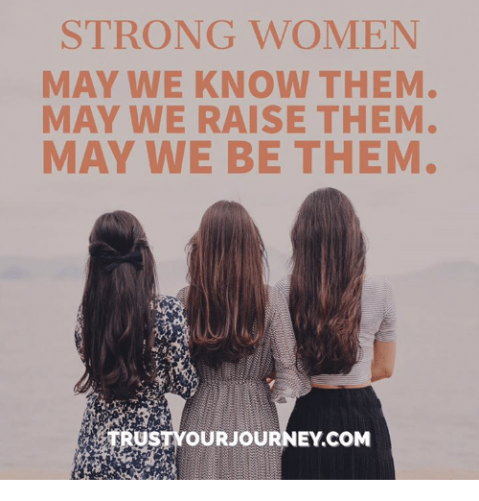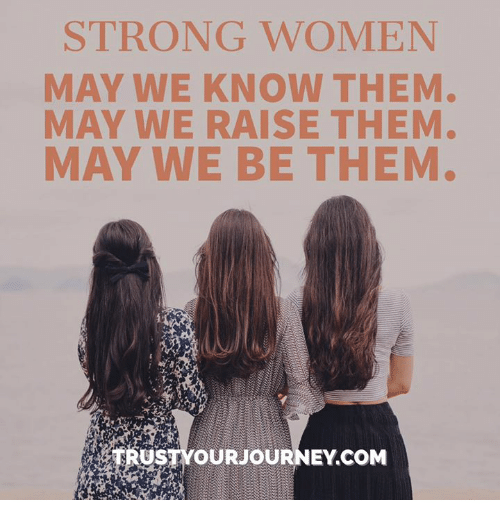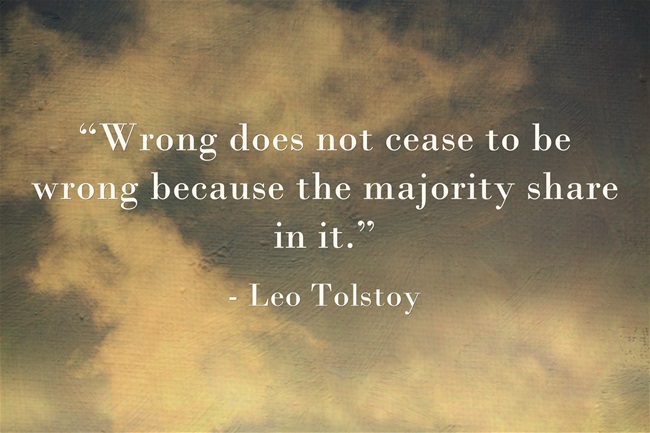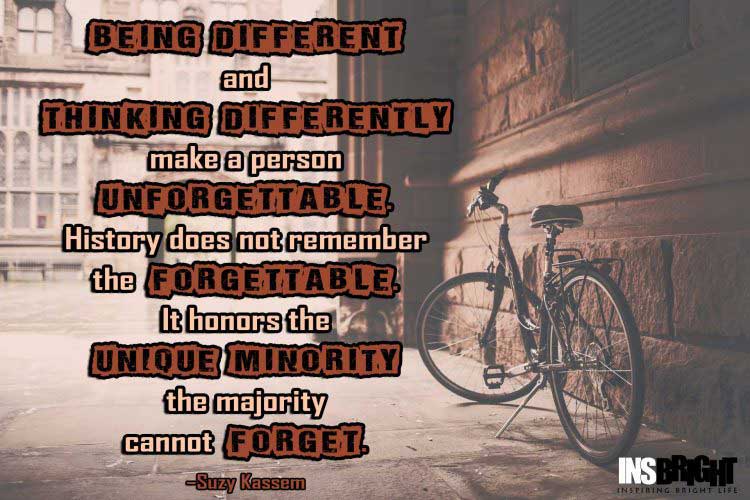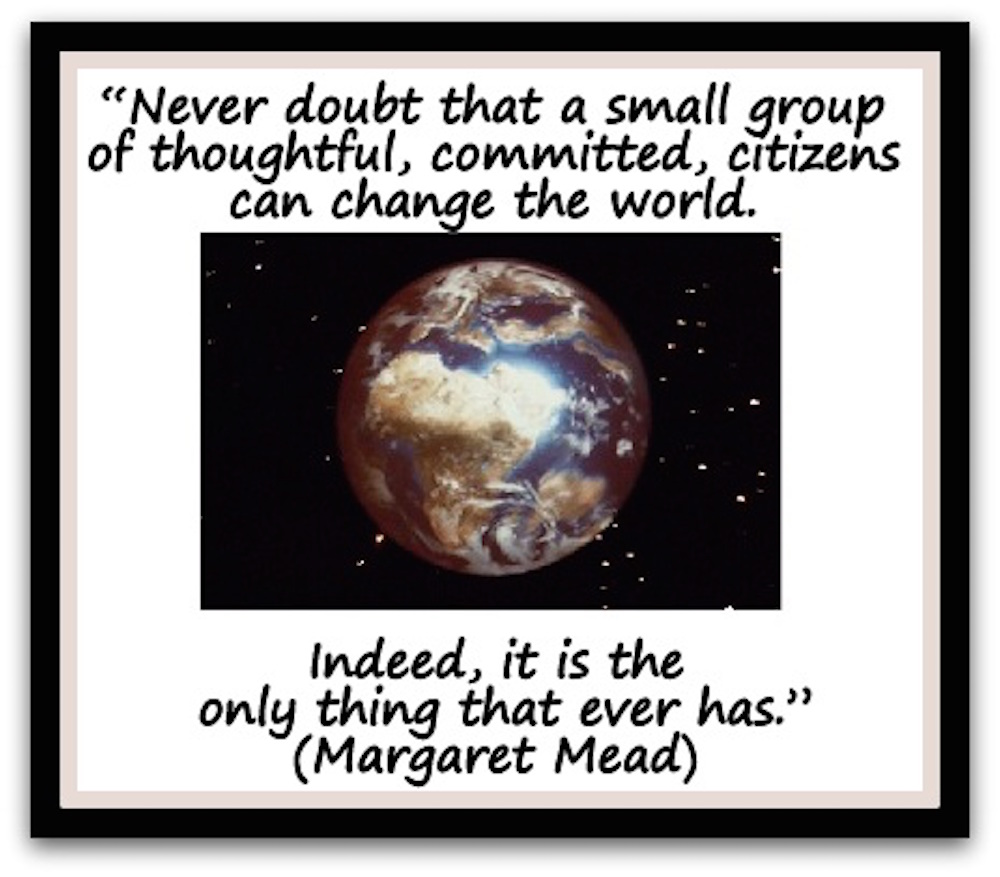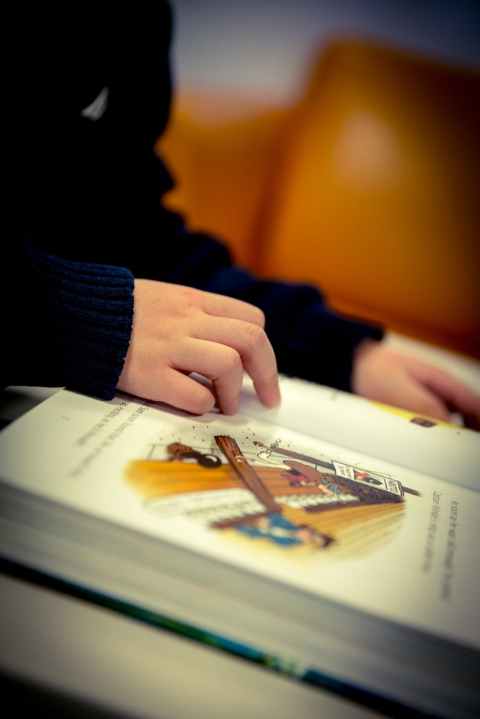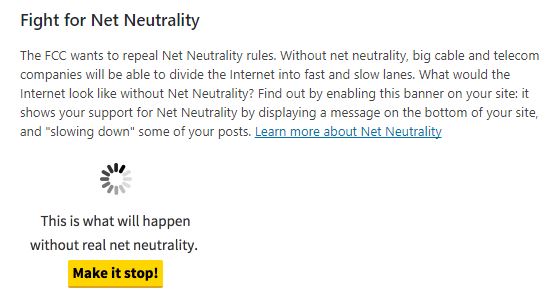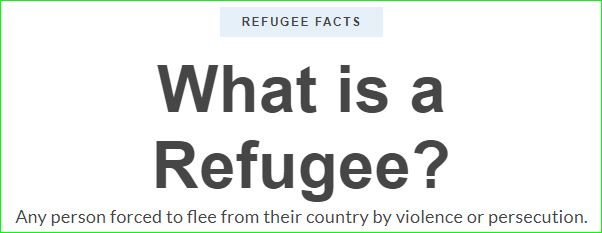
World Refugee Day 2018 was a day on which my Twitter feed was full of news about the babies of South American Asylum-Seekers being seized from their parents and kept in large groups…totally inappropriate and neglectful conditions adding to the trauma of forceful separation from their parents. There was also recent news that there is no plan for reuniting the families. Even Senators are upset. Previous news included Trump bragging that the children were being removed “as a deterrent” to seeking Asylum in the USA. This last is similar to Australia’s justification of indefinite off-shore detention of Asylum Seekers, even after their Refugee status has been confirmed.
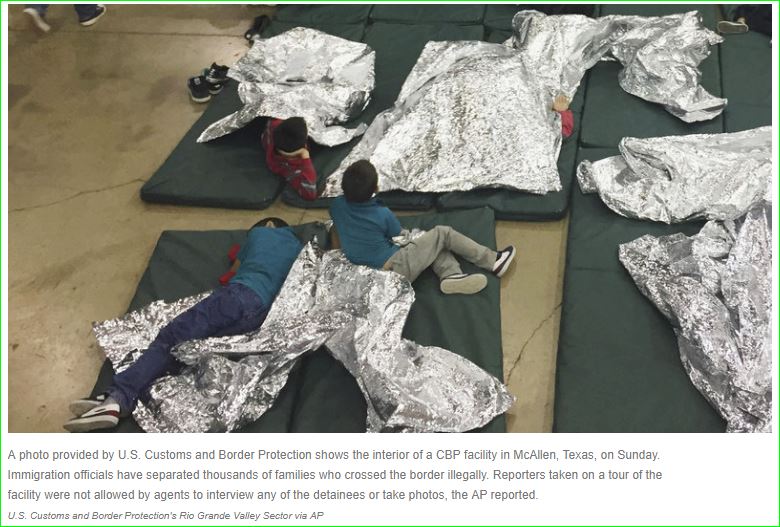
The photo above is from this article.
Mysteriously to many, these events are publicly supported and welcomed by Americans who believe in “white supremacy” at any cost. Those who feel the need to protect their ego or for some reason cannot “give ground” against their support of the Republican Party, which chose Trump as their leader also see this as “strong”. We all know how hard it can be to admit when you’re wrong, or have made a mistake. Especially if you think you are “the chosen” or “more special”, and value “strength”. No-one wants to admit they were fooled. Cons artists and abusers rely on the human tendency to hide one’s own shame.
Conversely, Americans who understand the human impact of these events are outraged. Americans who understand the effects of childhood trauma are appalled. People with an understanding of History are connecting the actions of Trump’s Administration with those of Regimes like the German Nazis. People outside of the USA are also expressing their horror on social media.
From Australia, I couldn’t help seeing the parallels with both recent Australian Asylum Seeker Policy, and Racist policies of 100 years ago.
The USA forcibly separating children from parents immediately made me think of Australia’s Stolen Generations & the “Bringing Them Home” Report. This is the “Report of the National Inquiry into the Separation of Aboriginal and Torres Strait Islander Children from Their Families” published in April 1997. It details the outcomes of earlier sustained policy of “Assimilation” of Aboriginal children into white families, in the belief that “white is better” (white supremacy), and that Aboriginal people should be “allowed to die out” (attrition). The Aboriginal Protection Act 1869, which essentially put all Aboriginal people in the care of a “Guardian” with absolute power over their lives, was one of the pieces of legislation which led to the “Stolen Generations” and other atrocities.
The movie ‘Rabbit Proof Fence‘ dramatises real events caused by Australia’s policy and practice at the time. (Photo still from the movie credit)
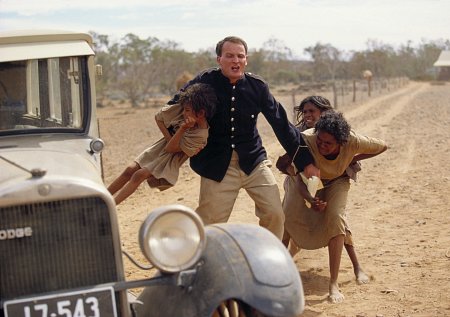
This may have been seen as a more palatable solution than the genocide which occurred earlier in Tasmania (the Southernmost island State) which included herding Aboriginal people, killing them directly and infecting them with treatable European disease but not providing medicine. Truganini, the last “full blood” to survive, is pictured below, and part of her story is here.
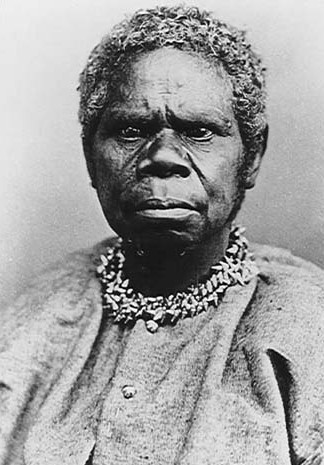
Australia’s racism extended to other races, with the White Australia Policy, typified by the Immigration Restriction Act 1901, favouring white European migrants and actively discriminating against non-Europeans by both language and appearance. This policy was officially stopped about 50 years ago, but unofficially, aspects of the culture remain.
Australia’s history is littered with stories of racism: of treating Aborigines differently from Europeans. From the moment that Britain decided to claim it as a colony, a claim of “Terra Nullius” required the occupants to be discounted as legitimate owners of the land. (The landmark Mabo Decision highlighted the necessity of Terra Nullius.) This may be the unstated reasoning behind declaring Aborigines “fauna” and counting them as such: a dominant narrative that these were less than people “legitimised” seizing their land and wiping them out.
Isn’t this similar to the rhetoric that Australia has recently used, calling Asylum Seekers “illegals”? (Legally, these are people rightfully seeking the protections afforded by the United Nations Convention on Refugees.) With public belief in such rhetoric, some people have wholeheartedly supported the indefinite offshore detention of Asylum Seekers in centres closely resembling concentration camps, and with abuses, deaths and decimated lives. Detained Journalist Behrouz Boochani has provided some insight with his phone-filmed movie: “Chauka, Please Tell Us The Time?” and many first-hand accounts, including this week’s.
Similar rhetoric influencing public opinion in order to discriminate against and kill a people group was used by the Nazis in Germany. The Nazis insisted that Jewish people were vermin to be eradicated. President Donald Trump used that very same wording in a Tweet on 19 June 2018, as noted by hundreds (thousands, probably, but I stopped counting!), including this one:
https://twitter.com/ArtimusFoul/status/1009076225585893378
Aviva Dautch observed on both Twitter and Facebook that this is not “how it begins”, it’s already “several stages along”:
Abuse is abuse. Racism is racism. Whatever country it is in, whatever rhetoric is used, whatever group of people is targeted.
Since I started writing this, President Trump very quickly signed a new Order not to separate families. This is surprising both in speed, and that it happened at all: There was insistence that “only the Democrats [in Congress] can fix it”. This seems like a win for Democracy! The public outcry made a difference! The people’s voice made a difference!
Here is the full wording of the new order, signed 20 June 2018. Interestingly, it includes a clause that the Secretary of Defence will provide and pay for the accommodation of detained families. I wonder if they were involved in that decision? Refugees & Asylum Seekers are not a Defence issue. This is more demonisation, the implication of threat.
The thing I find particularly interesting is the repeated use of the word “appropriate”. It’s open to interpretation and misuse. Also: what “court orders”? Are these court orders the real reason for this sudden new order?
Perhaps it is this order, although I don’t think I can access it to check the details:
U.S. District Court for the Central District of California to modify the Settlement Agreement in Flores v. Sessions, CV 85-4544 (“Flores settlement”)
Whatever it is, I’m thinking it would be better if it WASN’T amended. Just a guess.
It has been pointed out by commentators that the new order does not include a clause to return the thousands of children (including babies) already removed from their parents. They are still hostages.
This is no time to become complacent. History shows us that the philosophy of racism is a driving force which finds ways to achieve it’s goals unless each individual person resists, and combines with others to maintain a civilised, humane society.
As John Greenleaf Whittier said: “Rest if you must, but don’t you quit.”
I implore you: DON’T leave this for your children or grandchildren to hear about, like Australia’s Stolen Generations, and Germany’s Holocaust survivors. DON’T wait for these abused children to grow into adults and share their horrendous stories of grief.
DO contact the person who REPRESENTS YOU, who speaks and acts ON YOUR BEHALF in government. TELL THEM that this is NOT OK.
They really should know this, but unless they have “a mandate” they are probably scared to act. If they have advisers telling them that acting against the “current policy” will make them “look bad”, or that they will be voted out, they will believe it…UNLESS…as The Lorax says, enough people care.

Dr Seuss, ‘The Lorax‘
CARE ENOUGH to tell YOUR REPRESENTATIVE that they need to act to reunite these children with their families, and to stop the persecution of vulnerable people.
If you were paying a Tradesman to do a job, you’d tell them what job you wanted. If you hired a Lawyer to act in your interests, you’d tell them what you wanted. Tell your Politician what you want.
Also: check social media & other sources for information about what action you can take locally. There are groups to join, and causes to donate to. I couldn’t possibly link them all, so I won’t link any. You’ll find them!
Make a difference to many lives, including your own. Act on compassion. Build a healthier society.
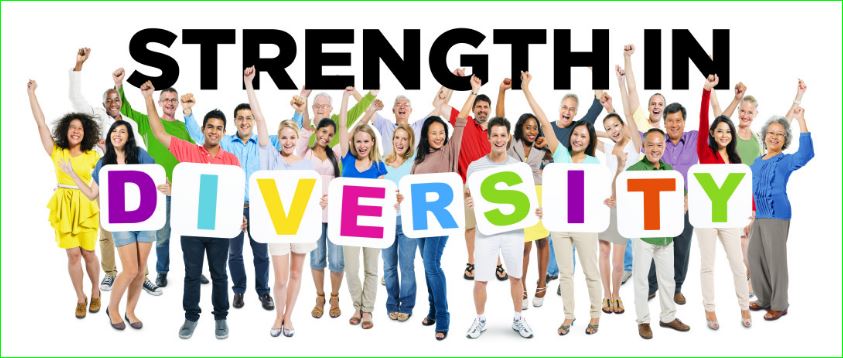 Image credit: Multicultural Council of Saskatchewan
Image credit: Multicultural Council of Saskatchewan
Other things you may find interesting:
Main image photo credit: The Conversation: Refugee or Migrant? Sometimes the line is blurred.
Refugee Week 2018
Myths you might have heard about the USA policy of removing children
Book (pdf): The Last Tasmanians
A Timeline of Indigenous Australia 1901 to 1969 (by the ‘Australian Museum’ in Sydney, not the National Museum of Australia)
USA & Australia: 3 Anti-Indigenous Laws https://www.culturalsurvival.org/news/3-horrendous-anti-indigenous-laws
Peter Drew is an Australian artist who has drawn attention to Australia’s failings in policy, both the “White Australia Policy” and treatment of Asylum Seekers.
Feel free to comment below, or you can contact me via Social Media:
@Lyanna Spearwife on Twitter, Facebook and Tumblr
or email: Lyanna.Spearwife@outlook.com


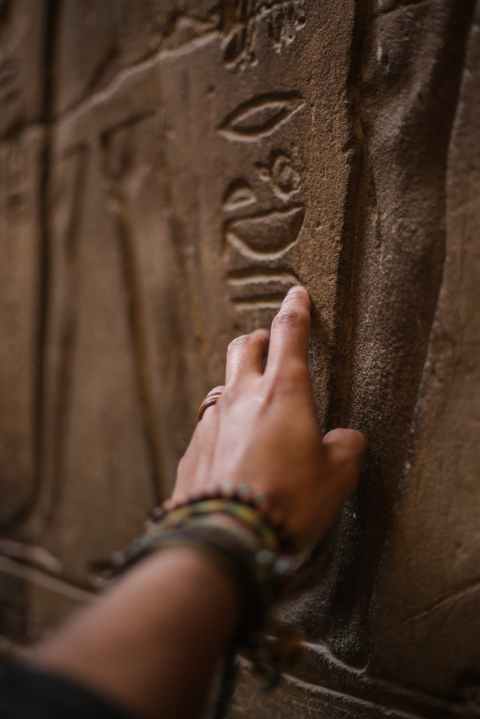


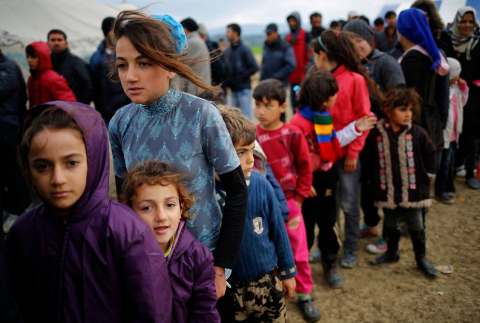





 Image credit: Multicultural Council of Saskatchewan
Image credit: Multicultural Council of Saskatchewan